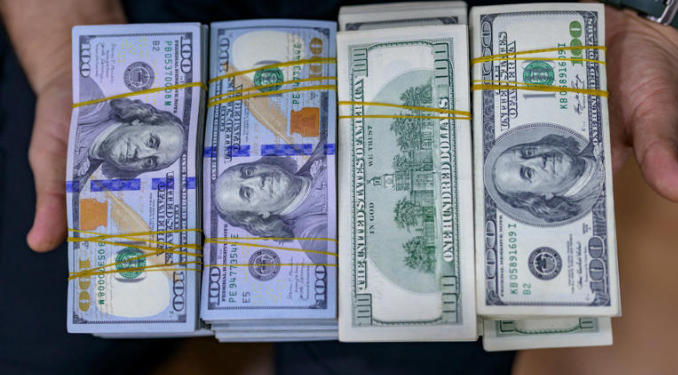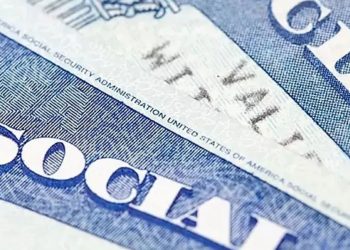A Mexico-based attorney has pleaded guilty to laundering tens of millions of dollars for the Sinaloa cartel and funneling the proceeds from the U.S. into Mexico.
According to the Department of Justice, the case of Héctor Alejandro Paez García is part of a broader, long-running FBI investigation into a Mexico-based money laundering ring that allegedly funneled at least $52.7 million for the cartel before top members were arrested in recent years.
Court records reveal the organization used shell companies in San Diego to launder large amounts of cash, derived from drug importation and distribution across the U.S. These companies then wired the funds to accounts managed by Paez, who claimed a leadership role in the operation.
As law enforcement clamped down on traditional laundering methods, Paez turned to cryptocurrency to move the money—but authorities were able to trace and seize these digital assets as well. In total, FBI agents seized 66 bank accounts connected to the scheme.
So far, 11 individuals have been arrested and over $3 million in assets seized. The Department of Treasury’s Office of Foreign Assets Control (OFAC) has also sanctioned six individuals and seven entities, including several of Paez’s co-conspirators.
Paez is scheduled to be sentenced on August 15.
U.S. authorities continue their broader crackdown on cartel money laundering operations. A Wall Street Journal investigation recently detailed how a Chinese network helped launder tens of millions of dollars through U.S. banks by purchasing dollars from the cartel at a discount and selling them to Chinese nationals seeking to bypass currency restrictions.
The laundering network operated extensively in Los Angeles County, where operatives made large deposits—often six-figure sums—at bank branches and ATMs of institutions like Chase, Bank of America, Citibank, and Wells Fargo.
Though the financial institutions involved have not been accused of any wrongdoing, the case underscores the vulnerabilities within the U.S. banking system. Last fiscal year alone, banks flagged over 21 million large cash transactions and filed 4 million suspicious activity reports, many of which did not result in criminal investigations.
The DEA, working alongside local law enforcement, began its investigation in South Gate, California. Led by Sgt. Scott Guerrero, the DEA task force tracked the flow of cartel cash to Chinese money brokers, eventually leading to several arrests and significant cash seizures.








